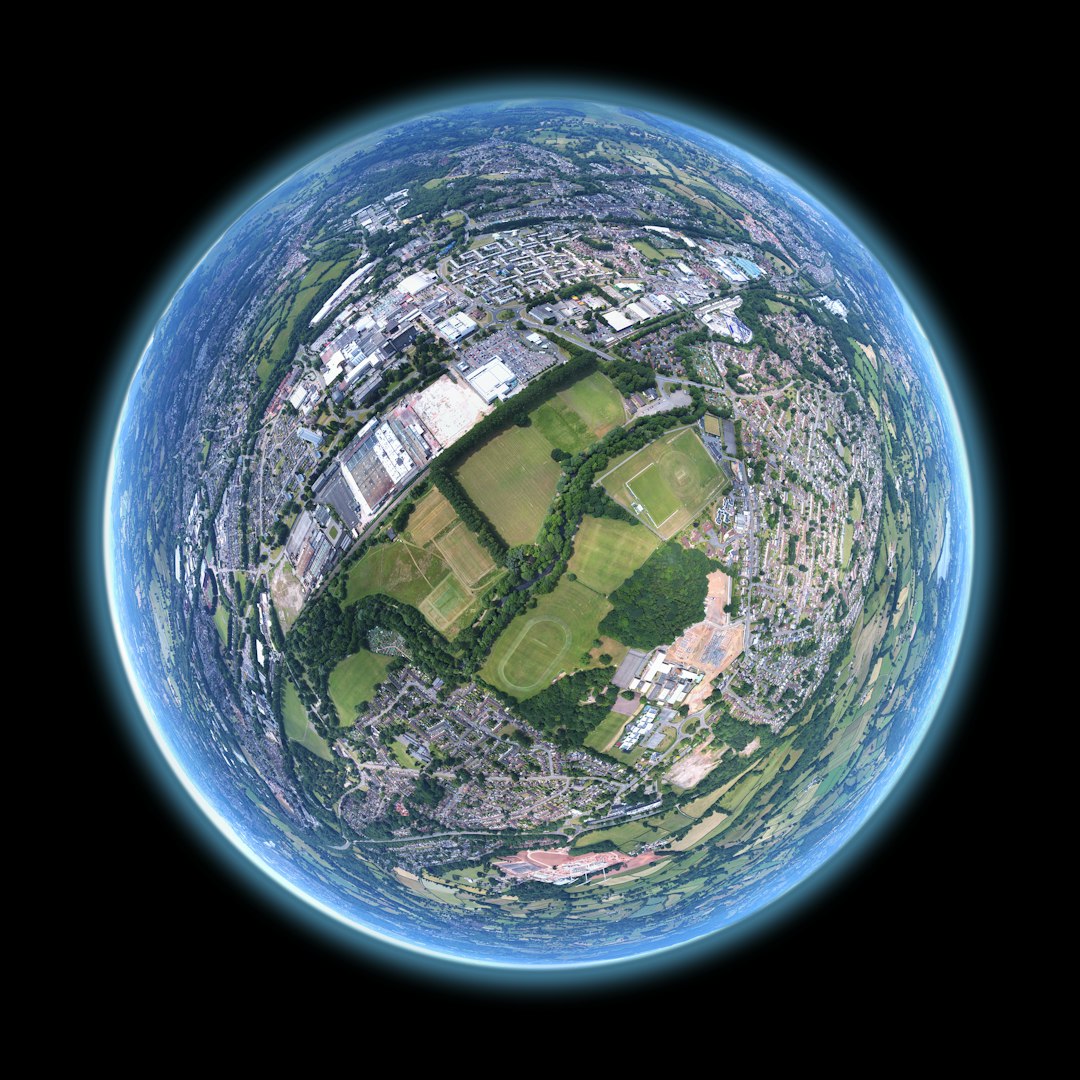A change for all
Issue 110 - 23 Aug 2022 (8-min read)

Once you really start paying attention to the problems around you, it can be overwhelming. Sure, the problems seem more apparent when I’m in Karachi, where every rain-filled pothole, flash flood TikTok and news of yet another woman attacked by a jilted lover is a reminder of a dysfunctional society. But, rest assured, the homeless people on the streets, the objectification of women in advertisements and increasingly littered rivers tell me that Tahiti has its own set of issues.
If one day you’re worried about climate change, the next day it’ll be the horrors meted out to women that’ll keep you up at night. The day after, it’ll be your electricity bill, your anxiety only worsened thinking about how someone on minimum wage could afford even a single lightbulb.
These thoughts can be crippling but we hope this week’s newsletter shows an alternative, a way to take action that could address all of these seemingly disconnected issues. Join The Global Tiller this week to look at the Earth4all initiative and what are some major policy changes it proposes for an equitable future. How does it fit into the broader degrowth discourse and what can we do to push for it?
Earth4all is an international initiative to accelerate the systems-change we need for an equitable future on a finite planet. It started as a collective of leading economic thinkers, scientists, policy leaders, and advocates, convened by The Club of Rome, the Potsdam Institute for Climate Impact Research, the Stockholm Resilience Centre and the Norwegian Business School.
Believing that the solution to the major challenges of our times is to re-program our economies and that we need to act fast within the next 10 years, this collective set up a Transformational Economics Commission, which came up with 15 immediate policies, under five extraordinary turnarounds (poverty, inequality, empowerment, food and energy), to put our societies on a pathway towards wellbeing for all within planetary boundaries.
To eliminate poverty, it aims to increase the GDP growth rate of low-income countries to at least 5% until GDP per person is greater than $15,000 per year. This can be achieved if the IMF allocates over $1 trillion to poor countries to generate green jobs-creating investment, for high-income countries to cancel all debt to low-income countries, and for high-income countries and the WTO to allow low-income countries to protect their own fledgling industries and south-south trade by also waiving intellectual property rights on renewables and health technology.
To reduce inequality in a way that the wealthiest 10% take less than 40% of national incomes, Earth4all calls for all governments to increase taxes on the 10% richest in societies, to close international loopholes, to empower workers through trade unions and to introduce citizens’ funds to give all citizens their fair share of a nation’s wealth and the global commons through fee and dividend schemes.
For full gender equity, they demand all governments increase education access to all girls and women, to put adequate pension systems, and all corporations and public bodies ensure gender equality in leadership positions.
To have a regenerative and sustainable food system, there must be an immediate end of wastefulness in food chains and of agricultural expansion against nature. It also calls upon farmers and regulators to incentivise techniques for healthier soils, and for individuals to pursue healthy diets that respect planetary boundaries.
Lastly, for net-zero emissions by 2050, there must be an immediate redesign and phase-out of fossil-based energy systems, for regulators and industries to start “electrifying everything” and for the tripling of investments immediately to over $1 trillion per year in new renewables with storage capacity.
All these policies sum up a clear rethinking of our economic systems. But it is necessary that this rethinking happens democratically, that everyone has a chance to share what kind of change is needed. How can we make sure vulnerable groups are protected during the transformation and what kind of indicators can we follow that show us real progress of not just economies, but also the people and the planet.
What stands out in the proposed system changes is an acknowledgement that there is no 'one size fits all' solution. Every country would need to have these conversations, not only in private spaces but on public forums and among policymakers.
So if your national headlines are beholden to petty political disputes, demand a dialogue on these policies that will have a real impact on our future. Maybe your country will need more than what this initiative proposes, or maybe your country can offer more to help. Either way, Earth4all makes a good point. This is a decisive decade for humanity. Let’s make good decisions.
Until next time, take care and stay safe!
Hira - Editor - The Global Tiller
Dig Deeper
In conversation with TED global curator Bruno Giussani, co-president of the Club of Rome Sandrine Dixson-Declѐve shares what we've learned in the 50 years since 1972, when the Club of Rome, an organization of thought leaders from around the world, published their first "Limits to Growth" report, a foundational text warning the world of the consequences of human activity on the health of the planet.
…and now what?
Let me be a bit cynical here for once. The Earth4all initiative is great, but doesn’t it sound a little bit like an old soundtrack? Whoever has looked a little bit closely to the problems of our times knows that we need energy transition (or as I heard recently from French futurist Georges Amar: moving from energy to synergy) to act efficiently against climate change; that we need to tax the rich more to solve inequalities.
The solutions are known, the issues are known. But still, change doesn’t come. Are we doomed in our inability to evolve? Have we lost the manual that allowed our species to change and adapt to centuries of evolution?
Or have we just become too centred on our petty politics, as Hira says, that we lost the bigger picture perspective? This is to me better exemplified by how some elected officials in the US are fighting tooth and nail against companies applying ESG tools for their investments.
To finally start doing what is needed for our world, I see a few elements that could help.
The first one is that we have to remember that, unlike what it has seemed in the past decades, human change is slow. Edward Wilson put it in a caricatural way when he says: “The real problem of humanity is the following: we have Paleolithic emotions, medieval institutions, and god-like technology.” We need time to evolve, it’s not an engineering process; it’s complex, slow, often messy and we need to accept it. Even if the urge to change is foremost in everyone’s mind.
Understanding this is necessary if we don’t want to despair but, more practically, if we want to be efficient. Knowing how slow we can change means that we need to be relentless in spreading the message. So eventually, Earth4all has the benefit of being one more voice delivering the same message. And slowly it percolates.
Despite the fact that they’re very vocal, people resisting a sustainable and more equitable approach are fewer and fewer (maybe that’s why they’re becoming louder and louder, to compensate!). They may still hold positions of power but like shore erosion, the unstoppable change of our societies towards greener and fairer societies is slowly eating the last pockets of resistance. But it’s slow indeed, and it can be frustrating. Frustrating to a point of pessimism, of hopelessness.
And that’s my second point on this. I’ve been surprised lately how very often people who are engaged in sustainable projects (whether in the public or the private sphere) are so pessimistic, almost exhausted or hopeless in their own work. They found the motivation to get involved but they’ve lost the energy, and they eventually present their views in a very distressing light, as the last soldiers fighting an impossible fight.
That may be the message of the people from Earth4all: we can do it, solutions exist and, despite the complexity of the situation and the absence of easy answers, there are still answers. So how about we become optimistic about ourselves again?
Because complexity, open answers are synonyms of possibilities. There are many options, there are many pathways. Following again on the words of Georges Amar: “You got to love the future or the future won’t love you”. He explains:
“From a metaphorical point of view, we must love the future as parents love their children. To love a child is precisely to want them to have an open future. A questionable love would be the one where the parents would show the way for their children, would tell them “you will be that my son”. True love is to set free. Well, I think the same is true for the future. You have to love the future, free it.”
So yes, we may sometimes feel overwhelmed by all the challenges that we face, by the difficulty to decide which problems to tackle first, how to address them, finding the right solution. But we have to remember that our history was never a straight line. It may look like it when we look backwards and it pretends to be a straight line of events with a logical continuity. But it has never been and it will never be. But we always managed to adapt and survive. So why not this time?
Earth4all is a new call for action, because we should never stop calling for action. In a few months, we may tell you about another one of these. Don't think of it as a repetition, as a never-ending cycle of similar messages. It won’t be. It will be our way of telling you: keep going, keep trying, we’re moving…
Philippe - Founder & CEO - Pacific Ventury


